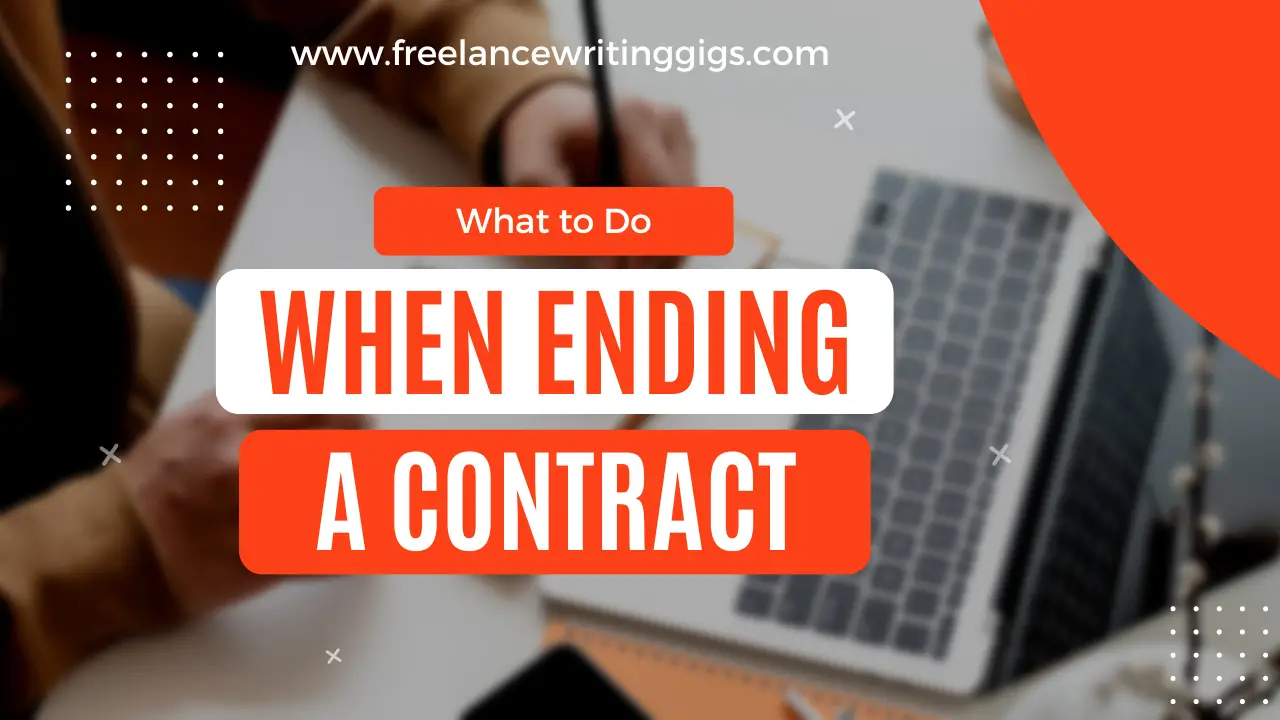contract
-
7 Reasons Why You Should Always Have a Written Contract
One of the thorniest and most uncomfortable issues freelancers routinely face is…
-
What to Do When Terminating a Freelance Contract
In a freelancer’s work life, the only constant is change. While some…
-
5 Common Ways Freelance Writers Get Scammed
Ever since I started writing at Plagiarism Today and especially since I…
-
6 Tips for Avoiding Freelance Writing Scams
Last week, we talked about 5 Common Ways Freelance Writers Get Scammed,…
-
5 Legal Questions to Ask Before Turning in An Assignment
Turning in an assignment is the goal of pretty much every freelancer.…
-
3 Grim Legal Realities Freelancers Need to Accept
In an ideal universe, the law is there to protect both parties…
-
Be Contract Smart: Copyright Terms to Know
One thing nearly every freelance writer is going to have to do…
-
5 Simple Legal Mistakes Freelancers Commonly Make
For a freelance writer, there is a lot of legal ground to…
-
5 Steps to Handling Deadbeat Clients
If you do enough freelancing, it will happen soon enough. Someone is…
-
Fired! Do’s and Don’ts for the Recently Laid Off or Let Go
No one likes to be fired. If you were recently laid off…



